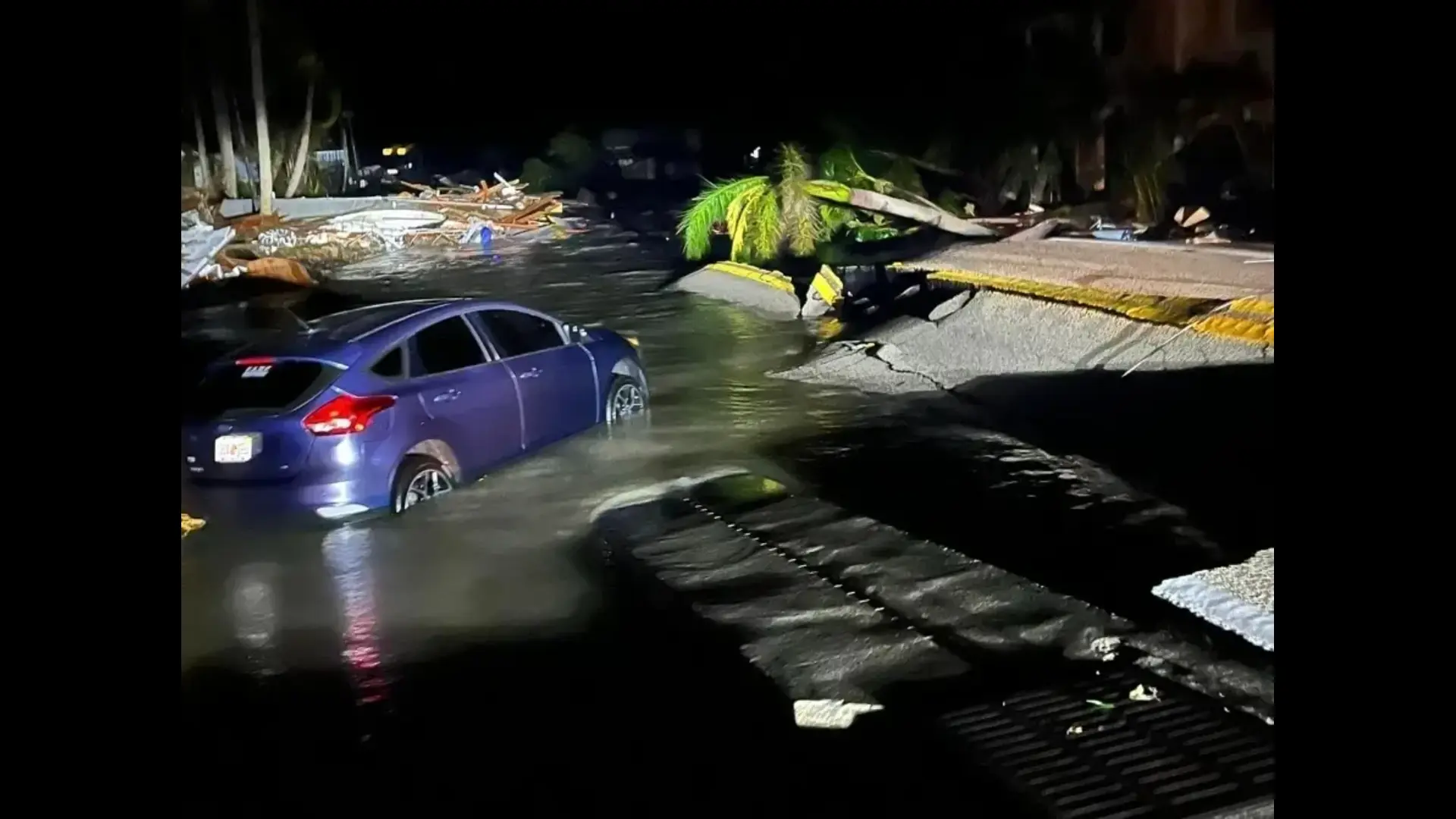
A senior official confirmed on Sunday that the death toll from Cyclone Chido’s passage across Mayotte could number in the hundreds, potentially even thousands, as France mobilized rescue workers and supplies. However, efforts to provide aid are being hampered by extensive damage to airports and the electricity grid in the French Indian Ocean territory.
Prior to the cyclone, the region had already been grappling with chronic clean water shortages. Prefect François-Xavier Bieuville stated, “I think there will definitely be several hundred, possibly close to a thousand, or even several thousand deaths.” He also noted that it would be difficult to provide an accurate death toll due to the tradition of Muslim residents burying the dead within 24 hours.
European Union chief Ursula von der Leyen expressed solidarity, pledging assistance from the EU, while World Health Organization (WHO) head Tedros Adhanom Ghebreyesus offered support, ensuring the organization was ready to help provide essential healthcare to those in need. The Red Cross regional organization PIROI also stated it was prepared to intervene.
The mayor of Mayotte’s capital, Mamoudzou, Ambdilwahedou Soumaila, reported that nine people were critically injured, and 246 others were seriously hurt. He noted that hospitals, schools, and homes had all been severely damaged, with nothing spared by the storm.
Challenges in accurately assessing the damage are compounded by an estimated 100,000 undocumented residents in Mayotte, some of whom were hesitant to seek help, fearing deportation. Many were unable to escape in time as the cyclone approached.
Cyclone Chido destroyed makeshift housing in Mayotte’s shantytowns, where around one-third of the population lives. On Saturday, the island’s 320,000 residents were placed under lockdown as the cyclone struck with winds reaching 226 km/h, uprooting trees and tearing off roofs and walls from homes. Local resident Ibrahim described the devastation as “apocalyptic” as he navigated blocked roads.
French Interior Minister Bruno Retailleau will visit Mayotte on Monday, bringing 160 soldiers and firefighters to reinforce the 110 already on the ground. Meanwhile, Pope Francis urged prayers for the people of Mayotte, and French President Macron vowed that the government would take immediate action to aid the island.
In response to the crisis, air and sea shipments of medical supplies and personnel were delivered to Mayotte on Sunday, including a plane carrying three tons of medical supplies and 17 medical staff from La Reunion. A navy ship was also en route with further support for the island’s electricity supplier.
Cyclone Chido also impacted the Comoros islands to the northwest, though the damage was relatively minor. The cyclone made landfall in Mozambique early on Sunday, near the city of Pemba, where the death toll has reached three.
UNICEF is already providing aid in Mozambique, where many homes, schools, and health facilities were destroyed, and is working closely with the government to maintain essential services. Cyclone Chido is part of a series of extreme storms linked to climate change, according to experts, and it was intensified by unusually warm waters in the Indian Ocean. The UN’s Office for the Coordination of Humanitarian Affairs warned that up to 1.7 million people were at risk, with the cyclone’s remnants expected to bring heavy rainfall to neighboring Malawi, Zimbabwe, and Zambia, potentially causing flash floods.















